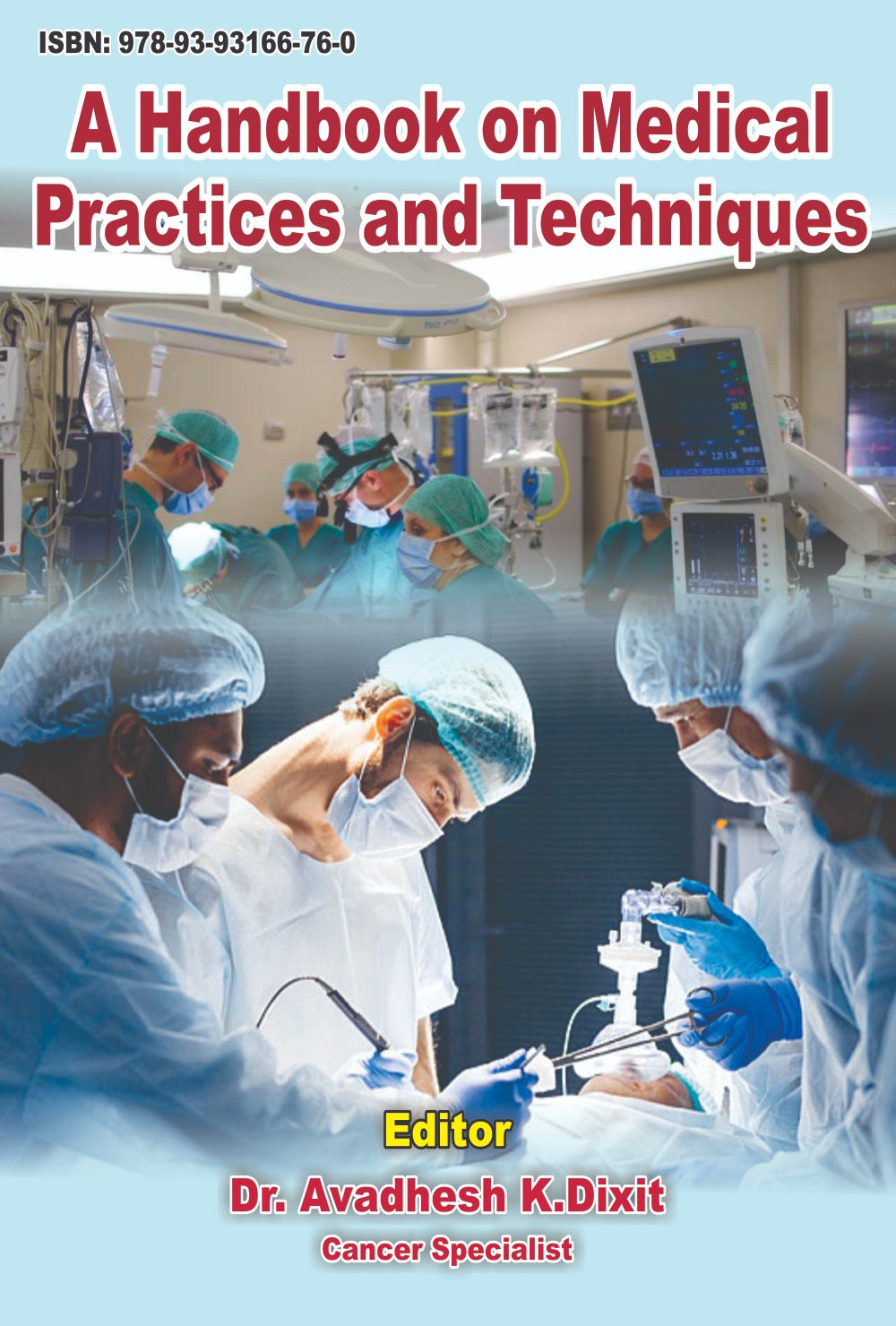 |
| A Handbook on Medical Practices and Techniques ISBN: 978-93-93166-76-0 For verification of this chapter, please visit on http://www.socialresearchfoundation.com/books.php#8 |
Sustainable Aquaculture to Meet the Global Food Security Challenge |
|
Dr. Chanchal Angral
Associate professor
Department of Zoology
Govt. Degree College
R.S.Pura
Dr. Krishan Raj Kant
Lecturer
Department of Zoology
Govt.Higher Sec.
Mawa Brahamna
Sanviti Digra
UG Student
Department of Microbiology
Gargi College
DU
|
|
DOI:10.5281/zenodo.10811869 Chapter ID: 18647 |
| This is an open-access book section/chapter distributed under the terms of the Creative Commons Attribution 4.0 International, which permits unrestricted use, distribution, and reproduction in any medium, provided the original author and source are credited. |
Introduction: In the Era of a growing global population and increasing burden on traditional food production systems, the role of aquaculture in ensuring food security has never been so critical before. Sustainable aquaculture practices offer a promising solution to meet the increasing demand for seafood while lowering environmental impact and supporting the livelihoods of millions. This article surveys the importance of sustainable aquaculture in meeting global food security challenges. The Growing need of Aquaculture: Aquaculture, the farming, rearing and breeding of aquatic organisms, has emerged as one of the fastest-growing food production sectors globally. With wild fish stocks depleted and increased pressure on traditional fishery, aquaculture has become an essential parameter for meeting the protein needs of a growing population. According to the Food and Agriculture Organization (FAO), aquaculture now provides over half of the world's seafood consumption. (FAO, 2020). Sustainable Aquaculture Principles: Sustainable aquaculture practices focuses on the environmental management, social responsibility, and economic viability. These principles direct the farmers in reducing the ecological footprint of their operations while increasing the efficiency of the resources. Key practices include integrated multitrophic aquaculture (IMTA), which tackles the natural interactions between different species to maximize nutrient utilization and diminishes waste thereby recirculating aquaculture systems (RAS), which minimize water usage and reduce pollution. (Chopin et al., 2020), and recirculating aquaculture systems (RAS), which minimize water usage and mitigate pollution (Sharma et al., 2021). Environmental Benefits: Sustainable aquaculture has several environmental benefits compared to traditional fishing practices. By reducing pressure on wild fish stocks, aquaculture helps alleviate pressure on fragile marine ecosystems and prevents unsustainable fishing. Furthermore, sustainable aquaculture systems can be designed to minimize habitat destruction, preserve biodiversity, and attenuate pollution, thus safeguarding the health of aquatic environments for future generations. (Troell et al., 2014). Social and Economic Impacts: In addition to its environmental benefits, sustainable aquaculture has a major role in supporting livelihoods and intensifying food security in coastal communities around the world. By providing employment opportunities, income generation, and access to nutritious seafood, aquaculture helps reduce poverty and improve the well-being of millions of people, particularly in developing countries where coastal communities depend mainly on marine resources for their livelihoods.(Béné et al., 2016). Challenges and Solutions: Despite its potential, sustainable aquaculture faces several challenges, including disease outbreaks, water pollution, and regulatory constraints.Toaddress these challenges concerted efforts from governments industry stakeholders, and the scientific communities are required. Investments in research and development, capacity building, and infrastructure improvements are also needed to promote the acquisition of sustainable aquaculture practices and ensure the long-term viability of the sector. (Bush et al., 2016). Future Directions: Looking ahead, sustainable aquaculture holds immense promise for enhancing global food security and building resilience to climate change. Advances in technology, such as the use of artificial intelligence (AI) and big data analyticswill also aid to drive innovation in aquaculture production thereby making operations more efficient and environmentally friendly. (Klinger et al., 2020). Moreover, increased collaboration between public and private sectors, along with large investments in sustainable aquaculture initiatives, will be important for achieving the Sustainable Development Goals (SDGs) related to food security, poverty alleviation, and environmental sustainability.(FAO, 2019). Conclusion: In conclusion, sustainable aquaculture appear for a more sustainable and adaptable solution to the dire challenges of global food security. By accepting principles of environmental sustainability, social responsibility, and economic viability, the aquaculture industry not only can play a central role in ensuring access to safe and nutritious but affordable seafood for present and future generations. As we endeavor to build a more food-secure world, sustainable aquaculture must be recognized and supported as a vital component of the global food system. References: 1. Béné, C., Arthur, R., Norbury, H., Allison, E. H., Beveridge, M., Bush, S., ... & Thilsted, S. H. (2016). Contribution of fisheries and aquaculture to food security and poverty reduction: Assessing the current evidence. World Development, 79, 177-196. 2. Bush, S. R., Belton, B., Little, D. C., Islam, M. M., & Prabowo, R. E. (2016). The role of fish in the feed, food and nutrition security of small-scale farmers. Food Policy, 67, 87-98. 3. Chopin, T., Buschmann, A. H., Halling, C., Troell, M., Kautsky, N., Neori, A., ... & Yarish, C. (2020). Integrating seaweeds into marine aquaculture systems: A key toward sustainability. Journal of Phycology, 56(4), 978-991. 4. Food and Agriculture Organization (FAO). (2019). The state of world fisheries and aquaculture 2018: Meeting the sustainable development goals. Rome. 5. Food and Agriculture Organization (FAO). (2020). The state of world fisheries and aquaculture 2020: Sustainability in action. Rome. 6. Klinger, D. H., Naylor, R. L., & Levin, S. A. (2020). Natural capital and aquaculture sustainability. Proceedings of the National Academy of Sciences, 117(12), 6493-6495. 7. Sharma, S., Patanè, A., & Sturm, B. (2021). Recirculating aquaculture systems (RAS): Technologies and future trends. Aquacultural Engineering, 93, 102153. 8. Troell, M., Naylor, R. L., Metian, M., Beveridge, M., Tyedmers, P. H., Folke, C., ... & Arrow, K. J. (2014). Does aquaculture add resilience to the global food system?. Proceedings of the National Academy of Sciences, 111(37), 13257-13263. |